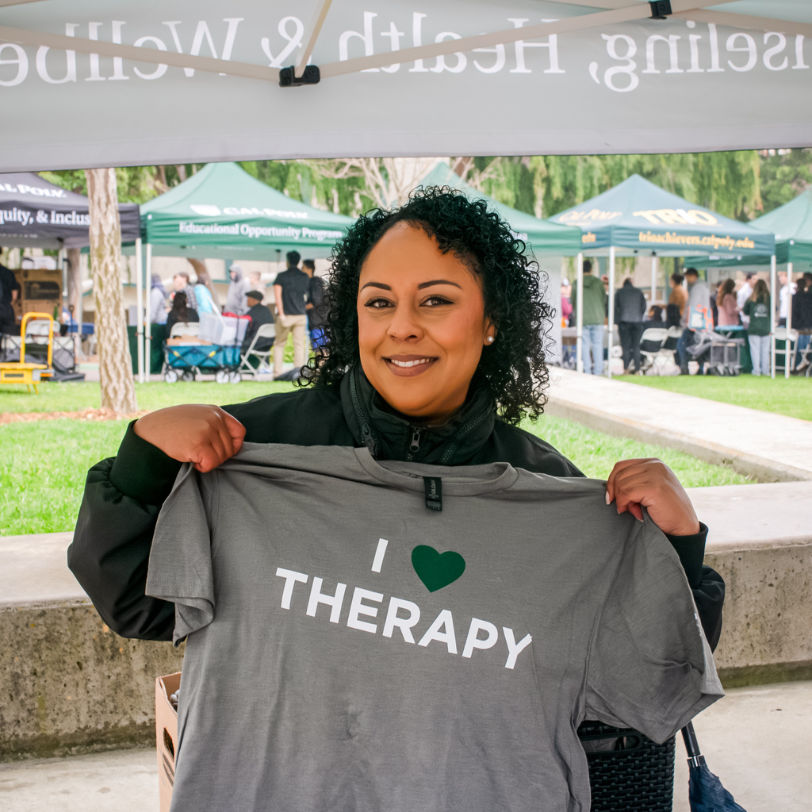Google Translate
AIDS/HIV Information
HIV/AIDS
HIV (human immunodeficiency virus) is a virus that attacks the body’s immune system. It is spread through contact with an infected person’s blood or body fluids, most typically through sex or sharing needles. If HIV is not treated, it can lead to AIDS (acquired immunodeficiency syndrome). There is currently no effective cure. Once people get HIV, they have it for life.
But with proper medical care, HIV can be controlled. People with HIV who get effective HIV treatment can live long, healthy lives and protect their partners from also contracting the virus.
How can I reduce my risk of contracting HIV?
The best way to reduce your risk is to practice safe sex and/or injection practices every time. This means using condoms (external or internal), getting tested regularly for sexually transmitted infections (which can be done using our STI Self Order Program), and may also mean abstaining from sex. Birth control pills, implants, and IUDs, while important for safe sex for many people, do not protect against STIs like HIV. For those who inject drugs, risk reduction includes disposing of each needle and syringe after a single use and not sharing equipment with others.
Another option is to take a medication called PrEP (pre-exposure prophylaxis).
PrEP (Pre-Exposure Prophylaxis)
When taken as prescribed, PrEP is about 99% effective for reducing the risk of getting HIV from sex and at least 74% effective for those who inject drugs. PrEP is safe, but some people experience side effects that usually go away over time.
PrEP is most beneficial for people who don’t already have HIV and engage in behaviors that put them at risk, such as
-
Having a sexual partner with HIV (especially if they have an unknown or detectable viral load) or with unknown HIV status
-
Not consistently using condoms
-
Having been diagnosed with a sexually transmitted infection in the past 6 months
-
Injecting drugs and sharing needles, syringes, or other drug injection equipment with those with HIV or unknown HIV status
Calculate your risk: Risk Estimator Tool | HIV Risk Reduction Tool | CDC
Worried you were exposed to HIV?
PEP (post-exposure prophylaxis) is a course of medication given after a single high-risk encounter (for example: broken condom, nonconsensual sex, after a workplace exposure to blood or body fluids, etc). Must be given as soon as possible and within 72 hours to prevent HIV.
For more information, please call Health Services at 805-756-1211 to make an appointment to discuss your options with a provider.
Other local resources:
Access Support Network (ASN) 1320 Nipomo Street, San Luis Obispo, CA 93401
ASN has been serving the SLO County Community since 1984, assisting those who are living with HIV, AIDS, and Hepatitis C. ASN works diligently to stabilize clients' health - financially, emotionally and physically, at no cost to the client.
Call 805-781-3660 or visit link above to check in for current office hours and testing capacity
Cal Poly Disability Resource Center
For students with HIV/AIDS who may benefit from accessibility assistance on campus
San Luis Obispo County Department of Public Health
Anonymous HIV testing and AIDS information. Call 805-781-5540 or visit the link above
National Help Lines
CDC-INFO (provided by the Centers for Disease Control and Prevention in English y Español) is available 24 hours a day, 7 days a week, 365 days a year for STD information, including information about HIV/AIDS, and referrals to STD clinics.
-
Call: 1-800-CDC-INFO (1-800-232-4636)
-
Text: 1-888-232-6348
-
Email: cdcinfo@cdc.gov
-
Website: https://www.cdc.gov/hiv/default.html
AIDSinfo, provided by the National Institutes of Health, has more information on HIV/AIDS treatment, prevention and research. Available Monday-Friday from 12pm-5pm Eastern Time.
-
Call: 1-800-448-0440
-
Text: 1-888-480-3739
-
Email: ContactUs@aidsinfo.nih.gov




